The Gothic Bequest: Medieval Institutions in British Thought, 1688–1863
Throughout much of their modern history Britons turned to the past for evidence in current controversies. Within this tradition of historical self-justification the Middle Ages had a special place: the early forms of the law and the constitution belong to the medieval centuries while the continuous history of the English Church began in the Saxon age. In this dialogue between present and past new political realities, fresh sensibilities and developing scholarship ensured that the interpretation of the Middle Ages did not for long remain unaltered. This book examines the use of medieval precedent in political and ecclesiastical debate between one such great change, the Revolution of 1688, and the mid-nineteenth-century reforms that ultimately made the tradition of historical apologetic obsolete.
{{comment.content}}
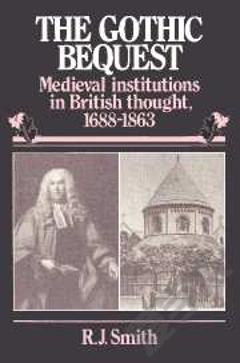
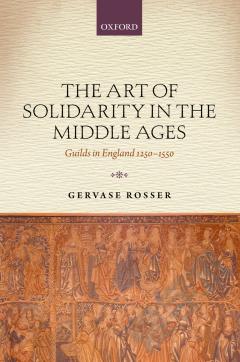
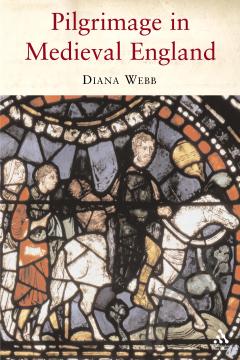
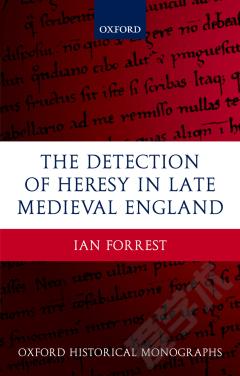
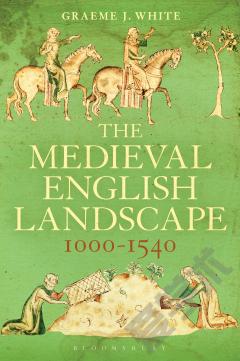
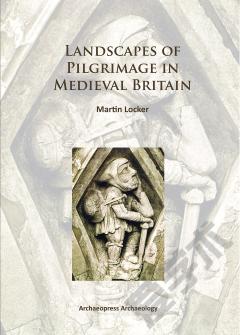


 京公网安备 11010802027623号
京公网安备 11010802027623号